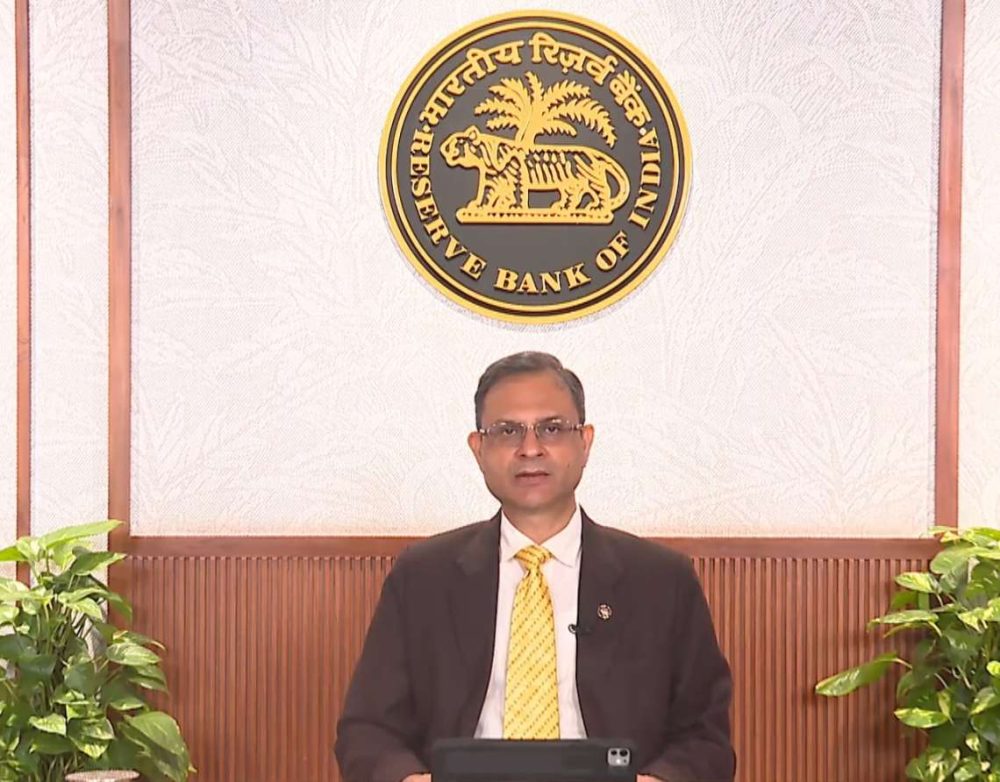State Bank of India, India’s largest bank by assets, posted lower net income after factoring in a 71-billion-rupee expense related to a wage bill increase…reports Asian Lite News
Indian banks face a slowdown in growth and profit margins as deposits lag despite higher interest rates.
In the 2023 October-to-December quarter, most major banks reported income gains, but net interest margins (NIM) declined due to tighter liquidity and rising funding costs.
Among large banks, only Punjab National Bank saw an increase in NIM for the fiscal’s third quarter, according to data compiled by S&P Global Market Intelligence.
State Bank of India, India’s largest bank by assets, posted lower net income after factoring in a 71-billion-rupee expense related to a wage bill increase.
The Reserve Bank of India (RBI) recently barred banks and non-bank financial companies from investing in AIFs holding the lenders’ customer assets. This move aims to prevent loan evergreening. Lenders must divest AIF holdings within a month or set aside provisions. Industry groups anticipate the directive will affect billions in bank investments and potentially hinder growth, the report said.
Indian bank deposit growth continues to lag behind credit growth. RBI data released in December 2023 shows an 11% deposit growth in fiscal 2022–2023, compared to 15% credit growth.
This widening gap has pushed the credit-to-deposit ratio to a 10-year high, a development attributed partly to the RBI’s use of macroprudential measures to tighten policy, according to Nomura analysts in a February 8 report.
Indian retail lending is likely to continue growing. Banks have seen an increase in retail lending despite central bank concerns about the rapid rise of unsecured loans. These reached 35% of bank portfolios in 2023, up from 25% in 2007, according to a January 18 research paper by RBI employees. In November 2023, the central bank increased risk weights on unsecured personal loans in response.














